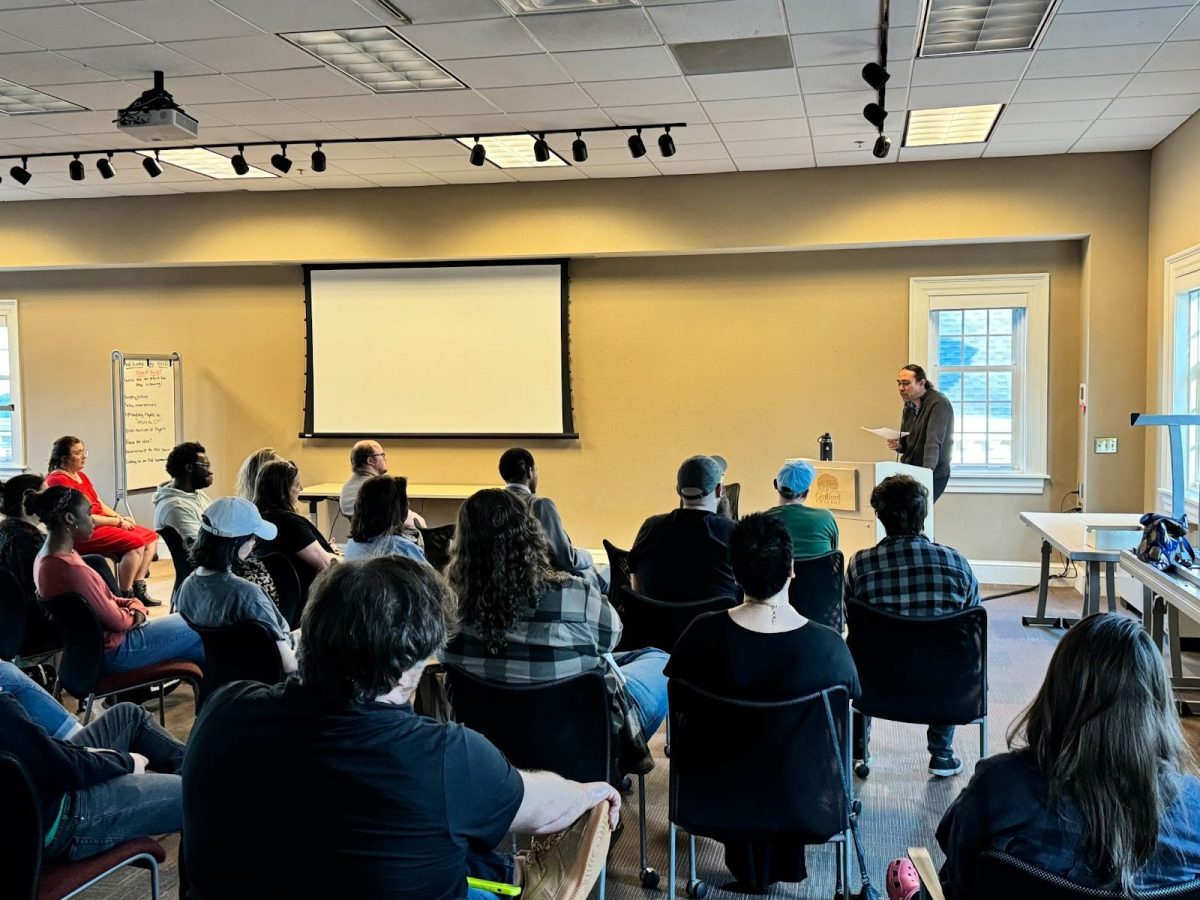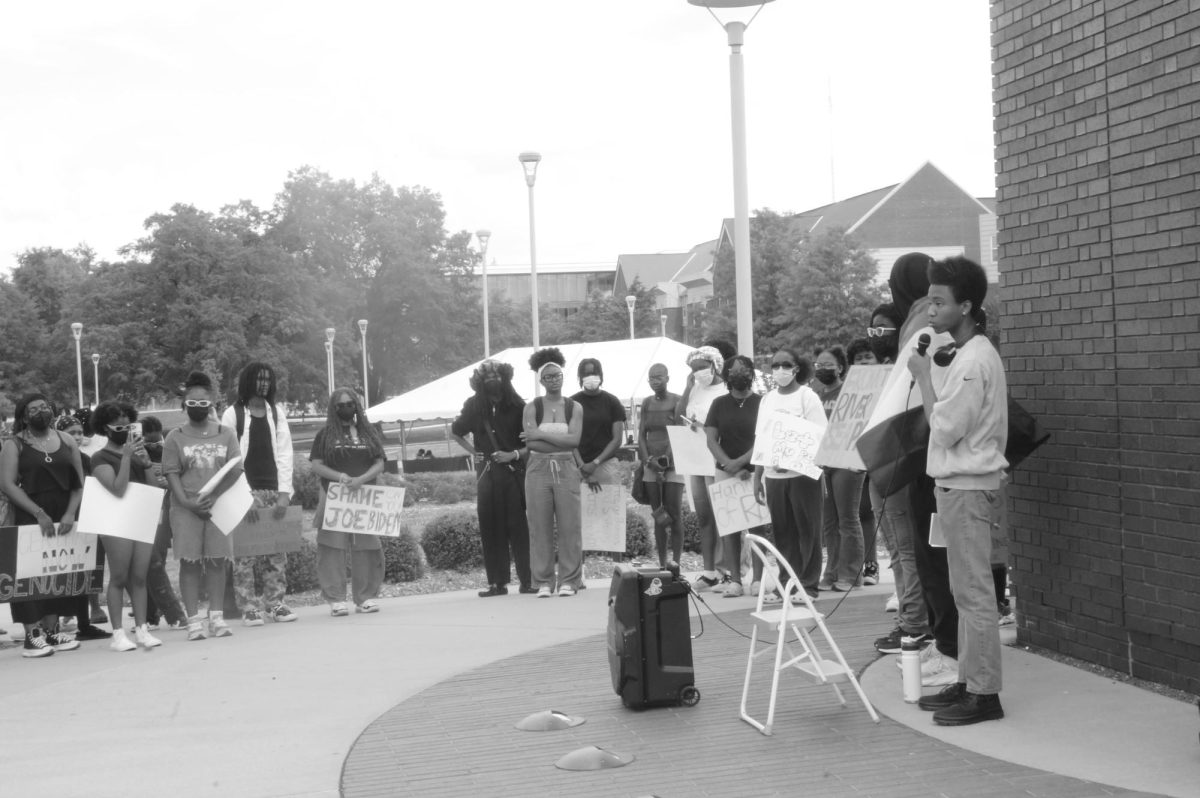Any college student’s success or failure is built on the backs of the various faculty members they engage with during their time in school. It is only fair that faculty members who have proven their worth be rewarded. This is the importance of tenure.
“Tenure is job security,” said Vice President for Academic Affairs and Academic Dean Adrienne Israel. “It is a commitment to lifelong employment from the institution to the faculty member.”
At its February meeting, the board of trustees approved 10 faculty members to receive tenure, the highest number approved in many years. Professors receiving tenure this year are Diya Abdo, Damon Akins, Julie Burke, Craig Eilbacher, Naadiya Hasan, Barbara Lawrence, Kami Rowan, Darryl Samsell, Caryl Schunk, and Kathryn Shields.
“It’s certainly the largest group that I know of at one time,” said Israel. “This is because the college grew so rapidly, and we added faculty so rapidly.”
At Guilford, tenure typically follows the guidelines set forward by the American Association of University Professors. Faculty members are subject to extensive reviews in both their second and fourth year to prepare them for the tenure process.
A faculty member is typically eligible for tenure in their sixth year of employment, assuming they are working full-time in a tenure-track position. Once eligible, they will go through the tenure review process. This involves feedback from colleagues, a review of the effectiveness of their teaching style and student evaluations.
Faculty members are judged in four major categories: teaching, scholarship, service and advising. Professors who do not achieve tenure are let go.
In addition to this review, tenure-track professors also have to undergo similarly rigorous and intense reviews in their second and fourth years at Guilford.
“The tenure process at Guilford produces a great deal of anxiety for people on the tenure-track but not yet tenured,” said Assistant Professor of History Damon Akins, who was recently approved for tenure. “When you’re on the tenure-track but not yet tenured, you are incredibly self-conscious about what the impacts of your decisions in terms of pedagogy will be on the tenure process. I know a number of people who said that they lived in fear as they were going through the process.”
Once a faculty member has become tenured, it is very unlikely that they will ever be terminated from employment, barring extreme malfeasance or loss of the program that faculty member is a part of.
However, there is one key quirk that sets Guilford’s tenure process apart from other institutions.
“It is my understanding that at many institutions tenure and promotions are linked,” said Assistant Professor of English Diya Abdo, another tenure recipient. “At Guilford, they are delinked, so one has to apply separately for promotion.”
The tenure process is often helpful in allowing faculty to become self-reflective.
“You have to write a self-evaluation in which you really have to self-reflect on the various things that you do at the institution,” said Abdo. “You learn from student comments, (and) faculty members come to your classroom and give you feedback. So of course, the process is very constructive.”
“I really think that Guilford’s process includes students, and students should really realize how important their letters are,” said Israel. “(Student input is) significant, as well as the comments that they leave on course evaluations. We take them very seriously.”






